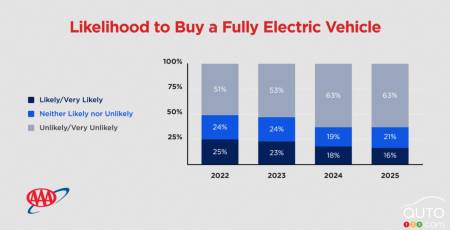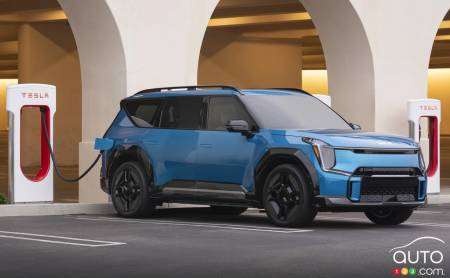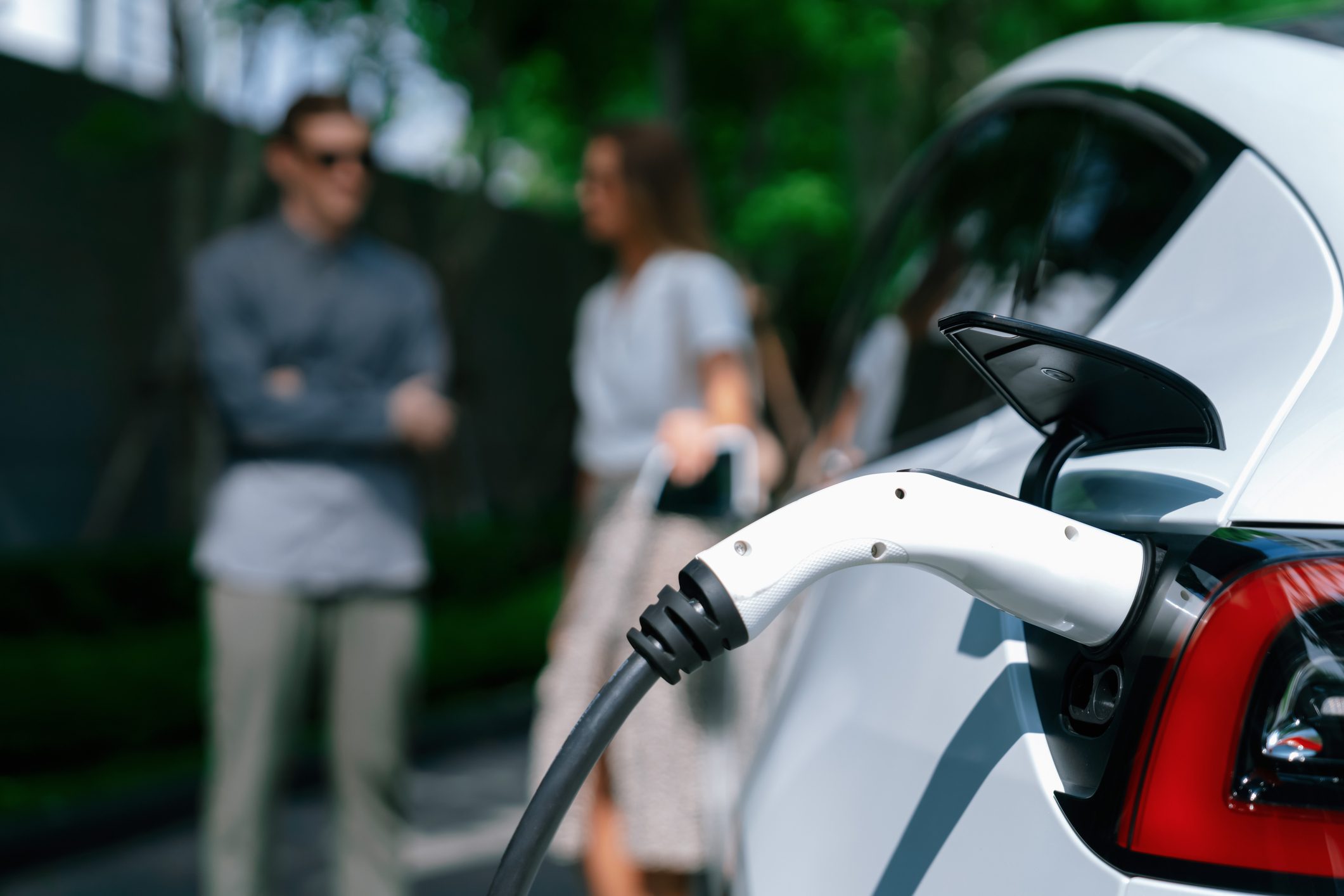Consumer interest in EVs declining in U.S. | Car News | Auto123
A new study conducted by the American Automobile Association (AAA) paints a rather dim picture of American consumer interest in electric vehicles. The percentage of consumers ready to consider buying an EV is down.
A second study, by J.D. Power, shows a drop as well but paints a less gloomy picture.
The AAA study found that interest in electric vehicles in the U.S. is at its lowest level since 2019. Only 16 percent of American adults said they are very likely or likely to buy an electric model for their next purchase.
On the flip side, the proportion of those who said that was unlikely or very unlikely increased from 51 to 63 percent compared to four years ago.

| Photo: AAA
There’s no doubt the political context in the United States is not favourable to buyers going electric. Consumers see the imminent withdrawal of purchase incentives for certain vehicles and an administration that does not seem willing to lift a finger to promote electrification.
In total, 1,128 respondents were surveyed last March for the poll. There is, of course, a margin of error, but the downward trend is clear.
Political winds aside, the survey reveals a lot of uncertainty and a persistent lack of information about EVs. The AAA study found that 62 percent of respondents cited high battery repair costs and 59 percent higher purchase prices as the principal reasons for not considering buying an EV.

An Electrify America charging station | Photo: Electrify America
Beyond that, 57 percent of respondents cited the impracticality of EVs for long road trips (a reality linked to an underdeveloped charging network in certain parts of the U.S.). Many pointed to the absence of convenient public charging stations and the fear of being stranded with no more battery charge on the side of the road.
Generally speaking, fewer respondents this time around have the impression that the electric shift will indeed happen. In 2022, 40 percent believed that in the next decade, there would be more electric vehicles than gas-engine vehicles on the road; that has fallen to 23 percent.
J.D. Power’s study shows that 24 percent of respondents say they are very likely to consider buying an all-electric model. Another 35 percent say it’s a possibility, which J.D. Power explains is a stable data point. Here too, respondents point to insufficient charging infrastructure as a big obstacle.
One big difference between the two studies is that the AAA surveyed everyone, while J.D. Power surveyed people who are currently in the market to buy a vehicle.
The irony with these results is that they come at a time when there have never been so many electric vehicles on the market.

The Kia EV9 | Photo: Kia
The studies’ results should not be seen so much as a criticism of electric vehicles per se, but more as a reflection of current conditions. Notably, an incomplete charging network, lack of ready information for some consumers in certain places, and, still, a general lack of knowledge about the experience of driving an electric model.









